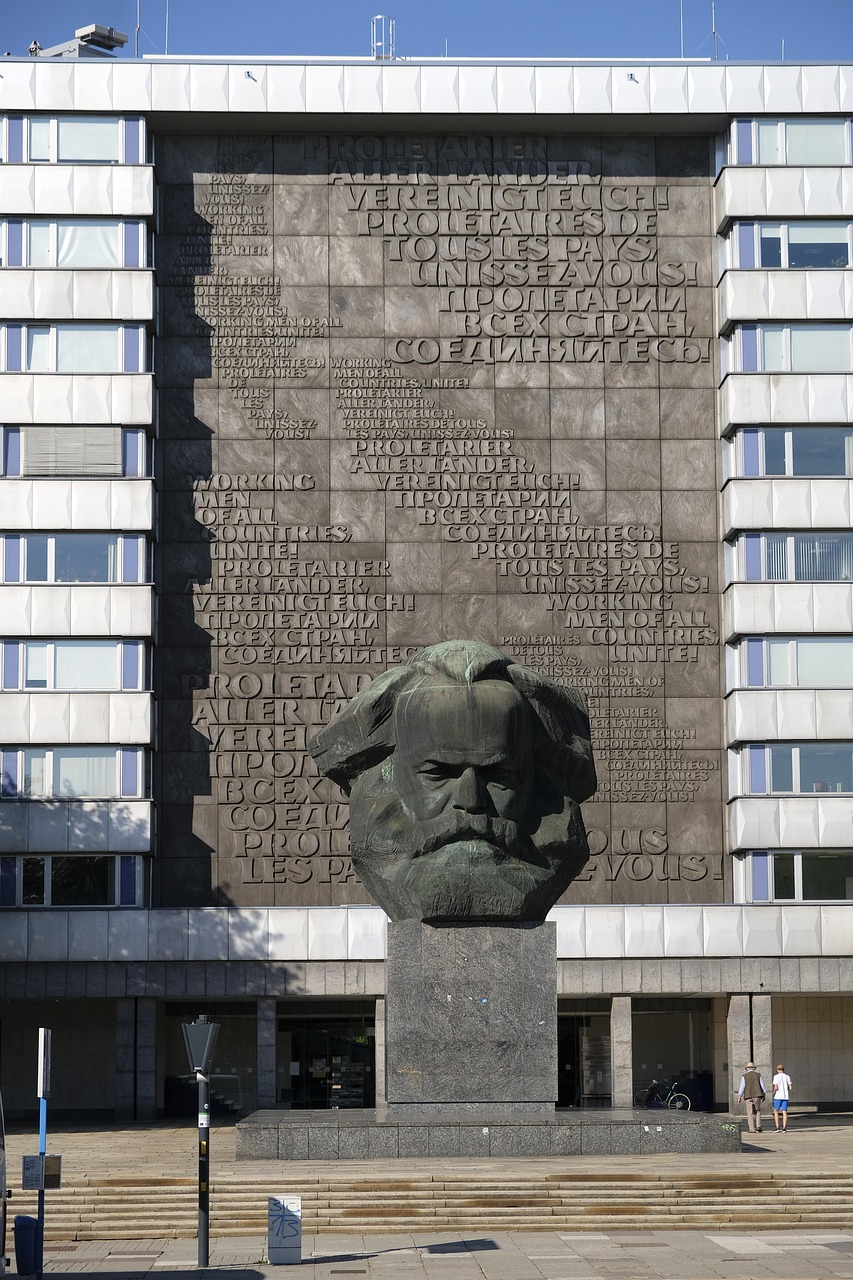 In 1938, shortly after Kristallnacht (the organised and Nazi sanctioned paramilitary attacks on Jews and their property in Germany and Austria), the UK Parliament approved a rescue programme for unaccompanied children under the organisation of The Movement for the Care of Children from Germany, later the Refugee Children’s Movement.
In 1938, shortly after Kristallnacht (the organised and Nazi sanctioned paramilitary attacks on Jews and their property in Germany and Austria), the UK Parliament approved a rescue programme for unaccompanied children under the organisation of The Movement for the Care of Children from Germany, later the Refugee Children’s Movement.
It was a combination of legal sanction by the government, and private organisation through voluntary bodies, both in the UK and on the ground in Europe. Near 10,000 were rescued this way and many went on to lead extraordinary lives both in the UK and when reunited with surviving parents after the war. It was not an uncritical success, some of those rescued were not orphans, and found separation from their parents for years, traumatising. They were however alive.
The concerns around immigration in 1938 were to a depressing degree like those today. The debate in Parliament references worries about adult refugees taking jobs from UK. The focus on children was partly a response to worries about adult agents using the route to infiltrate the UK in a time of crisis leading to war. But the Home Secretary, Sir Samuel Hoare, did at least lead from the front saying that the UK:
“Shall put no obstacle in the way of children coming here… to show that we will be in the forefront among the nations of the world in giving relief to these suffering people.”
There is nothing new about scepticism towards unconditional migration in the UK, while in practice opening our doors to the most in need, and the current Home Secretary seems very at home in that tradition. Meanwhile the situation in Ukraine is sufficiently alike to merit consideration.
Those staying, with any choice in the matter, are staying to fight an invader with murderous intent, and many are going to be killed. That they are not fleeing their own government, or one with a genocidal ideology is not a relevant difference. Russian tactics are causing indiscriminate civilian casualties, and this will only get worse. These are war crimes, whether they are genocide is not a test that should detain us beyond hoping otherwise.
Is it time for another Kindertransport? Or more correctly Dytynytransport for those fleeing the Putin murder machine?
I think our answer must be yes. The UK already has three paths to resettlement for refugees, and often creates special regimes for specific conflicts, most recently Afghanistan. In this situation, for right or wrong, we have decided that we will not fight Russia ourselves and want Ukraine to survive.
We should then provide Ukrainian heroes with the comfort that their loved ones are free of harm. We can learn from the inadequacies of the prior scheme and allow both unaccompanied children and those plus one parent to resettle to mitigate against unnecessary separation. We can encourage a co-ordinated private and civil society response to fund it such that the scheme, as before, does not get bogged down in petty government bureaucracy and fighting over budgets.
The British people will provide homes and safe harbour for such a scheme, particularly if actively involved in its supply. So will our friends and allies in Europe and Ukraine. They will do so faster than the government acting alone. As before, Parliament should concern itself with opening the route and checking qualification, not delivering the provision of services.
They moved quickly in 1938. We can do so again. It is time to restart the Kindertransport.















